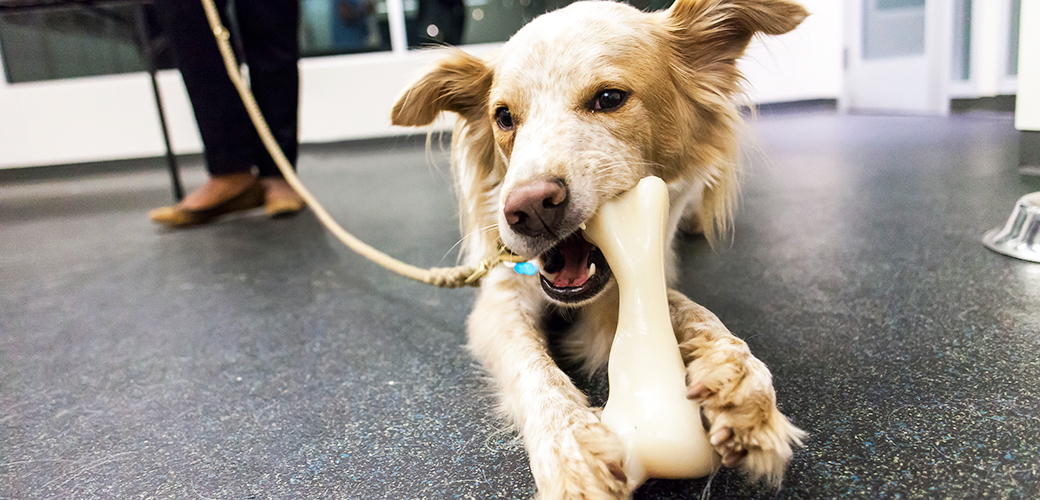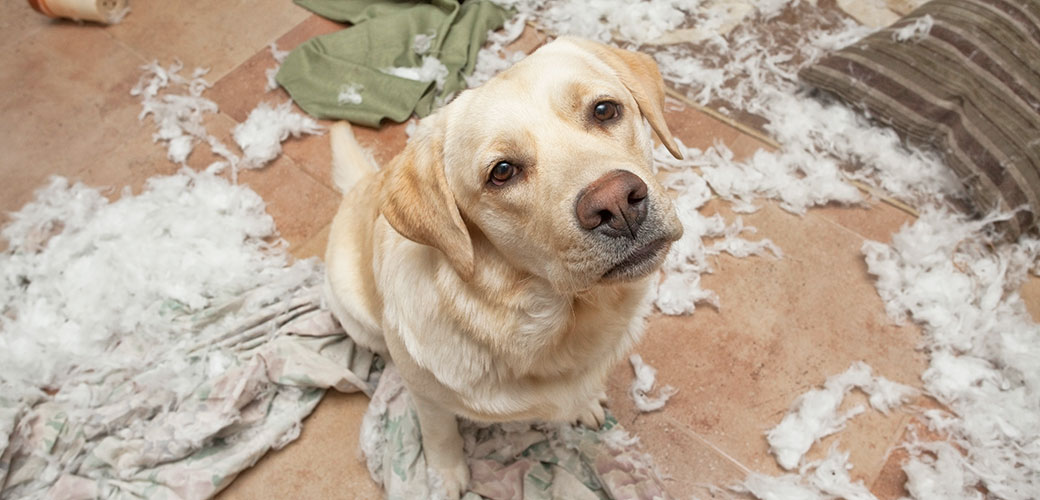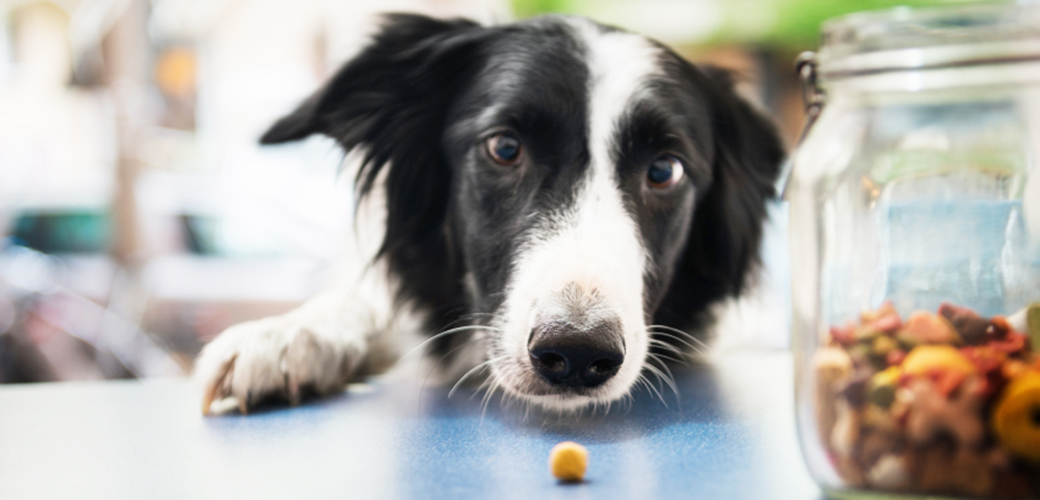A balanced diet is critically important to your dog’s cell maintenance and growth and overall health. Barring any special needs, illness-related deficiencies, or instructions from your vet, your pet should be able to get all the nutrients he or she needs from high-quality commercial pet foods, which are specially formulated with these standards in mind. But dogs of different ages have different nutritional requirements. So, how much—or how little—should you be feeding your four-legged friend? Read on to learn what your pet’s body needs at the various stages of life.…
Author: richardsonrescue

Destructive Chewing
It’s normal for puppies and dogs to chew on objects as they explore the world. Chewing accomplishes a number of things for a dog. For young dogs, it’s a way to relieve pain that might be caused by incoming teeth. For older dogs, it’s nature’s way of keeping jaws strong and teeth clean. Chewing also combats boredom and can relieve mild anxiety or frustration. Rule Out Problems That Can Cause Destructive Chewing Separation Anxiety Dogs who chew to relieve the stress of separation anxiety usually only chew when left alone…

Separation Anxiety
One of the most common complaints of pet parents is that their dogs are disruptive or destructive when left alone. Their dogs might urinate, defecate, bark, howl, chew, dig or try to escape. Although these problems often indicate that a dog needs to be taught polite house manners, they can also be symptoms of distress. When a dog’s problems are accompanied by other distress behaviors, such as drooling and showing anxiety when his pet parents prepare to leave the house, they aren’t evidence that the dog isn’t house trained or…

